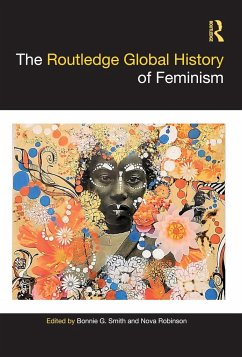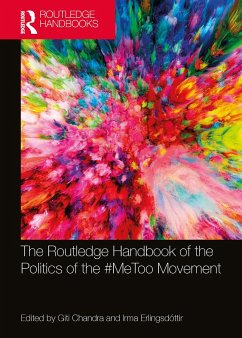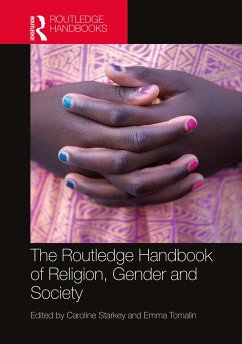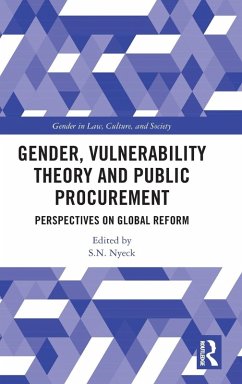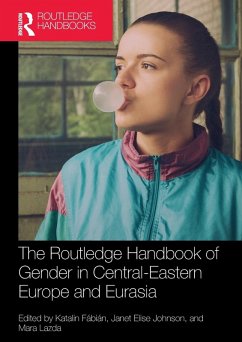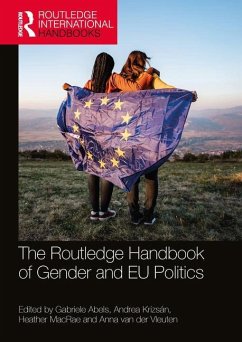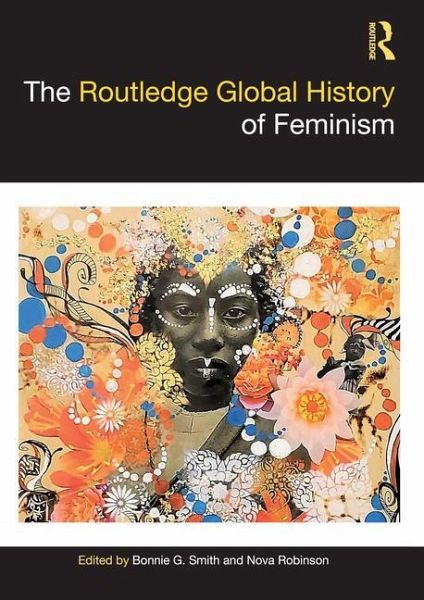
The Routledge Global History of Feminism
Versandkostenfrei!
Versandfertig in 6-10 Tagen
49,99 €
inkl. MwSt.

PAYBACK Punkte
25 °P sammeln!
Based on the scholarship of a global team of diverse authors, this wide-ranging handbook surveys the history and current status of pro-women thought and activism over millennia.The book traces the complex history of feminism across the globe, presenting its many identities, its heated debates, its racism, discussion of religious belief and values, commitment to social change, and the struggles of women around the world for gender justice. Authors approach past understandings and today's evolving sense of what feminism or womanism or gender justice are from multiple viewpoints. These perspectiv...
Based on the scholarship of a global team of diverse authors, this wide-ranging handbook surveys the history and current status of pro-women thought and activism over millennia.
The book traces the complex history of feminism across the globe, presenting its many identities, its heated debates, its racism, discussion of religious belief and values, commitment to social change, and the struggles of women around the world for gender justice. Authors approach past understandings and today's evolving sense of what feminism or womanism or gender justice are from multiple viewpoints. These perspectives are geographical to highlight commonalities and differences from region to region or nation to nation; they are also chronological suggesting change or continuity from the ancient world to our digital age. Across five parts, authors delve into topics such as colonialism, empire, the arts, labor activism, family, and displacement as the means to take the pulse of feminism from specific vantage points highlighting that there is no single feminist story but rather multiple portraits of a broad cast of activists and thinkers.
Comprehensive and properly global, this is the ideal volume for students and scholars of women's and gender history, women's studies, social history, political movements and feminism.
The book traces the complex history of feminism across the globe, presenting its many identities, its heated debates, its racism, discussion of religious belief and values, commitment to social change, and the struggles of women around the world for gender justice. Authors approach past understandings and today's evolving sense of what feminism or womanism or gender justice are from multiple viewpoints. These perspectives are geographical to highlight commonalities and differences from region to region or nation to nation; they are also chronological suggesting change or continuity from the ancient world to our digital age. Across five parts, authors delve into topics such as colonialism, empire, the arts, labor activism, family, and displacement as the means to take the pulse of feminism from specific vantage points highlighting that there is no single feminist story but rather multiple portraits of a broad cast of activists and thinkers.
Comprehensive and properly global, this is the ideal volume for students and scholars of women's and gender history, women's studies, social history, political movements and feminism.



